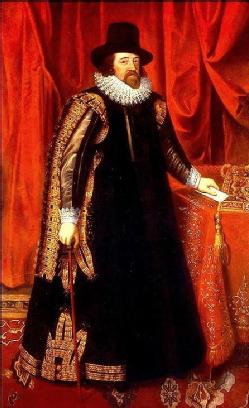Politics, Literature and Ideas in Stuart England: c.1600-c.1715 (HI271)
|
|
Lectures: Weds 10-11 in the new teaching building OC1.04 Seminars: Wed 11-12 (H3.58) and 12-1 (S2.84)
|
This 30 CATS interdisciplinary second-year option module examines the interaction between the politics, literature and ideas of the long seventeenth century, and as a result should appeal to all types of historians, political scientists and literature students, as well as those interested in cultural studies and intellectual history.
Broadly speaking the module is split in half, with the first term being structured around the writing of four major authors: Francis Bacon, Thomas Hobbes, John Locke, and Jonathan Swift. The second half of the module takes a thematic approach to literature and ideas through the Stuart period, which will include such topics as: biography, autobiography and diaries; censorship of the press; religious and political radicalism; the new, experimental science; news and its different forms; corruption; satire and polemic; radical consciences; women’s writing; republicanism; and utopias. The module will exploit JISC HIstorical Texts, together with other on-line resources. If you would like to hear an outline and rationale for the module please listen to the Introduction Podcast (it may take a short while to load).
By the end of the module students should be able to:
- Demonstrate knowledge about key events, writers and themes in the seventeenth century, and show an awareness of the interconnectedness of politics, literature and ideas
- Demonstrate good communication skills, both orally and on paper; be able to search and retrieve on-line resources; and to work with each other
- Demonstrate an ability to analyse an array of different types of primary evidence; and to present their findings based on an analysis of secondary literature and their own reflections on it in the light of their knowledge of the texts
- Demonstrate basic research skills

